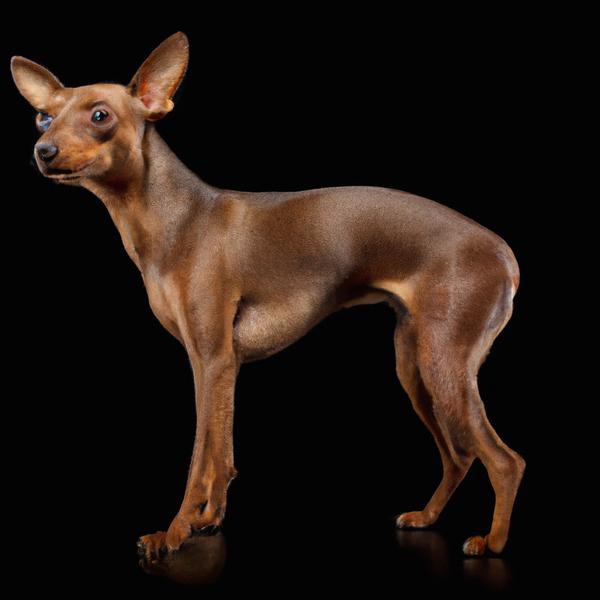Ratese vs. Olde Pit Bulldogge: Breed Differences and Similarities
Hypoallergenic
Are Rateses or Olde Pit Bulldogges hypoallergenic, or neither?
Unfortunately, neither Ratese nor Olde Pit Bulldogge are hypoallergenic, which may not make them the best choice for dog lovers who suffer from pet allergies.
Temperament
What are the personalities of Ratese and Olde Pit Bulldogge dogs?
Active
Playful
Loving
Alert
Intelligent
Responsive
Docile
Affectionate
Lively
Gentle
Tempered
Sweet
Inquisitive
Easygoing
Loving
Stubborn
Clownish
Alert
Courageous
Intelligent
Confident
Friendly
Affectionate
Obedient
Loyal
Strong
Willed
Aggressive
Shedding Level
Do Rateses shed more than Olde Pit Bulldogges, or which breed sheds more, Rateses or Olde Pit Bulldogges?
Ratese or Olde Pit Bulldogge dogs are not heavy shedders, but they will lose a significant amount of hair each year. To decrease the amount of shedding, you can regularly brush your Ratese or Olde Pit Bulldogge. This will remove loose hair and keep their coat growing in the same direction.
Watchdog Ability
Which dog breed makes a better watchdog, the Ratese or Olde Pit Bulldogge?
The Ratese and Olde Pit Bulldogge dogs are average watchdogs. If they sense something different, these breeds will alert their owner.
Ancestry
What are the origins of Ratese and Olde Pit Bulldogge breeds?
American Rat Terrier and Maltese
American Pit Bull Terrier and Olde English Bulldogge
Breed recognition
Which kennel clubs recognize/register Ratese and Olde Pit Bulldogge?
ACHC = American Canine Hybrid Club
DDKC = Designer Dogs Kennel Club
IDCR = International Designer Canine Registry®
BBC = Backwoods Bulldog Club
DRA = Dog Registry of America, Inc.
Date of Birth
When were Ratese and Olde Pit Bulldogge breeds first developed?
1990s
Unknown
Eye Color Possibilites
What are the eye colors of Ratese and Olde Pit Bulldogge dogs?
Blue
Hazel
Brown
Brown
Nose Color Possibilites
What are the natural nose colors of Ratese and Olde Pit Bulldogge?
Black
Black
Coat Color Possibilites
What are the natural colors of the coat for Ratese and Olde Pit Bulldogge breeds?
Black
Brown
Red
Cream
Fawn
Blue
Silver
White
Pied
Sable
Brindle
Cream
Brown
Gray
Black
White
Coat Length
What is the typical coat length for Ratese and Olde Pit Bulldogge breeds?
Rateses have longer coats compared to most dogs.
Olde Pit Bulldogges have short coats.
Coat Density
What is the density of the coat of Ratese and Olde Pit Bulldogge?
Coat Texture
What is the hair texture of Ratese and Olde Pit Bulldogge?
Straight
Litter Size
What is the usual litter size for Ratese and Olde Pit Bulldogge?
A Ratese can have a litter of 5-7 puppies on average. However, it's worth noting that the size of the litters can vary greatly. Factors that can influence litter size include the health of the mother, breeding history, and genetics.
An Olde Pit Bulldogge can have a litter of 4-10 puppies on average. However, it's worth noting that the size of the litters can vary greatly. Factors that can influence litter size include the health of the mother, breeding history, and genetics.
Adaptability
Rateses are highly adaptable and versatile, making them excellent companions for families and individuals of all lifestyles.
Olde Pit Bulldogges are known for their adaptability and can adjust well to different environments and lifestyle changes.
Health Issues
Between Ratese and Olde Pit Bulldogge, which breed is more prone to health problems?
Ratese and Olde Pit Bulldogge breeds are generally considered to be healthy. However, like all breeds, they are susceptible to certain health issues and it is important to keep an eye out for them and address them with your veterinarian as needed.
Major Concerns
What are the major health concerns for Ratese and Olde Pit Bulldogge breeds?
Patellar Luxation
Hip And Elbow Dysplasia
Patent Ductus Arteriosis (PDA)
Bloat
Hypothyroidism
Heart Disease
Minor Concerns
What minor health issues should be kept in mind when owning Ratese and Olde Pit Bulldogge?
Demodectic Mange
Dental Disease
Color Dilution Alopecia
Allergies
Hip Dysplasia
Eye conditions
Occasional Tests
What occasional tests are recommended for Ratese and Olde Pit Bulldogge breeds?
Eye Examination
Dental Examination
Blood And Urine Analysis
Complete Physical Examination
Diagnostic Imaging
Electromyography (EMG)
DNA
Eye
Hip
Blood
Heart
Energy
How do the energy levels of Rateses and Olde Pit Bulldogges compare?
Ratese and Olde Pit Bulldogge breeds are known for their high energy levels, so if you're looking for a more low-key dog, these breeds may not be the best choice.
Social Needs
Ratese vs Olde Pit Bulldogge social needs comparison
Ratese has very high social needs and requires regular mental and physical stimulation, a job or purpose, and companionship.
Olde Pit Bulldogge has above average social needs and thrives with interaction with humans and other dogs.
Exercise Needed
Ratese vs Olde Pit Bulldogge exercise need comparison.
Rateses require significant physical activity and suit those with an active lifestyle.
Olde Pit Bulldogges need moderate physical activity and are great for families and active individuals.
Sleeping Need
Which of the two sleeps the most/least: Ratese or Olde Pit Bulldogge?
Rateses sleep less than other breeds but still need adequate sleep for good health.
Olde Pit Bulldogges have moderate energy levels and typical sleep patterns of 12-14 hours per day.
Tendency to Bark
Do Rateses or Olde Pit Bulldogges bark more/less frequently?
The Ratese is a vocal breed that frequently barks and howls, and may not be suitable for those seeking a quiet companion.
Olde Pit Bulldogges are typically quiet and only bark when needed, such as to alert their owner or when in distress.
Mouthiness
Mouthiness Comparison: Ratese vs Olde Pit Bulldogge?
Roaming urge
Ratese vs Labrador: Running away tendency?
Prey Drive
Ratese or Olde Pit Bulldogge - which breed has a higher level of prey drive?
Past times
What are some enjoyable activities and ways to keep Ratese and Olde Pit Bulldogge entertained?
Going for walks, Playing fetch, Fetch
Playing, Run, Sleeping, Tug-of-war, Fetch, Dog Parks, Walk, Road trip, Groom, Play keep away, Bath time, Off-leash, New toys, Eating Snacks, Napping, Exploring
Activity Level
Which breed has higher energy, Rateses or Olde Pit Bulldogges?
Rateses are high-energy dogs. They need mental as well as physical exercise. These dogs require a lot of your involvement and without it they can, and will, become problematic dogs.
Olde Pit Bulldogges are medium-energy dogs and typically enjoy socializing and playing casual or even sustained games of chase with other dogs. They may also have occasional periods of barking or racing around the house.
Tolerance of being left alone
Walks per Week
How many miles should Ratese or Olde Pit Bulldogge walk each week?
Ratese and Olde Pit Bulldogge generally need a minimum of 10 miles of walking per week, but it can be increased as long as they are comfortable with it.
Activity per Day
Do Rateses or Olde Pit Bulldogges require more exercise?
In general most Rateses usually need at least 90 minutes of exercise daily. This can be spread across the day and include all sorts of high-energy activities, like walking, running and playing.
In general most Olde Pit Bulldogges usually need at least 45 minutes of exercise daily. This can be spread across the day and include all sorts of high-energy activities, like walking, running and playing.
Grooming
Which breed is easier to maintain in terms of grooming, Rateses or Olde Pit Bulldogges?
The Ratese has low grooming needs and is easy to maintain.
The Olde Pit Bulldogge is a low-maintenance breed that doesn't require much grooming.
Brushing Frequency
What is the recommended brushing frequency for Ratese and Olde Pit Bulldogge dogs?
Ideally, both Ratese and Olde Pit Bulldogge should be brushed at least 2 or 3 times a week (preferably daily) to improve shedding.
Brushing Tools
What brushing tools are used for Rateses and Olde Pit Bulldogges?
Pin Brush
Dematter
Comb
Nail Clipper
Pin Brush
Nail Clipper
Cups
How much food should be given to Ratese or Olde Pit Bulldogge in cups?
For an average 20-25 pound (9 - 11 kg) Ratese feed 1 cups daily. But, keep in mind, the amount you feed is going to be dependent on the quality of the food you are feeding.
For an average 40-80 pound (18 - 36 kg) Olde Pit Bulldogge feed 3 cups daily. But, keep in mind, the amount you feed is going to be dependent on the quality of the food you are feeding.
Daily Cost
Which breed has a higher daily cost, Ratese or Olde Pit Bulldogge?
The average cost of a Ratese is somewhere $1.10 - $1.40 per day.
The average cost of an Olde Pit Bulldogge is somewhere $3.80 - $4.20 per day.
Monthly Cost
Which breed has a higher monthly cost, Ratese or Olde Pit Bulldogge?
The average per month expenses of a Ratese is between $28 - $42. This makes an average of $336 - $504 per year. It will be on the higher side when the dog is still small because it will need more frequent visits to the vet, shots.
The average per month expenses of an Olde Pit Bulldogge is between $112 - $126. This makes an average of $1344 - $1512 per year. It will be on the higher side when the dog is still small because it will need more frequent visits to the vet, shots.
Intelligence
Comparing Intelligence: Rateses vs Olde Pit Bulldogges
Ratese and Olde Pit Bulldogge have average obedience intelligence, but they're also independent thinkers. This breed is known for having an exceptionally high IQ, which means they may get into trouble if left to their own devices.
Sensitivity Level
How do Ratese and Olde Pit Bulldogge compare in sensitivity?
These breeds are more sensitive than others and easily overwhelmed by new surroundings and people. Ratese and Olde Pit Bulldogge need gentle handling and a calm, stable home environment with positive reinforcement training.
Affection Dependance
Which is the more affectionate dog breed: Ratese vs Olde Pit Bulldogge?
Apartment Friendly
Which breed is more apartment-friendly: Ratese or Olde Pit Bulldogge?
Rateses make excellent apartment dogs, being fairly active indoors and not requiring a yard.
The Olde Pit Bulldogge is a great apartment dog, thriving with sufficient exercise and time outside as part of their daily routine.
Child Friendly
Do Rateses or Olde Pit Bulldogges have a friendlier temperament towards children?
Rateses make excellent family pets for kids due to their gentle, protective nature and calm temperament.
Olde Pit Bulldogges are good with kids if socialized and trained from a young age.
Senior-friendly
Which dog is more suitable as a pet for the elderly - Ratese or Olde Pit Bulldogge?
Cat Friendly
Do Ratese or Olde Pit Bulldogge breeds have a better compatibility with cats?
Rateses are very friendly with cats and make great companions for them.
Olde Pit Bulldogges are somewhat cat friendly and can be trained to get along with cats.
Dog Friendly
Which breed is more sociable with other dogs: Ratese or Olde Pit Bulldogge?
Rateses are generally very friendly towards other dogs, with a happy and affectionate temperament.
Olde Pit Bulldogges are less friendly towards other dogs, but can improve with socialization.
Pet friendly
How do Ratese or Olde Pit Bulldogge dogs interact with other pets?
Stranger Friendly
Which breed is more friendly with strangers: Ratese or Olde Pit Bulldogge?
Rateses are highly friendly around strangers.
Olde Pit Bulldogges are averagely friendly around strangers but benefit from early socialisation.
Playfulness
Which breed is more playful between Ratese and Olde Pit Bulldogge?
Ratese and Olde Pit Bulldogge have an average level of playfulness. Like other dogs, they enjoy playing, but they are not the most playful dog breed.
Trainability
How do the trainability levels of Rateses and Olde Pit Bulldogges compare?
Ratese and Olde Pit Bulldogge dogs are usually easy to train, but may require consistency to fully obey commands.
Compare Ratese with other breeds
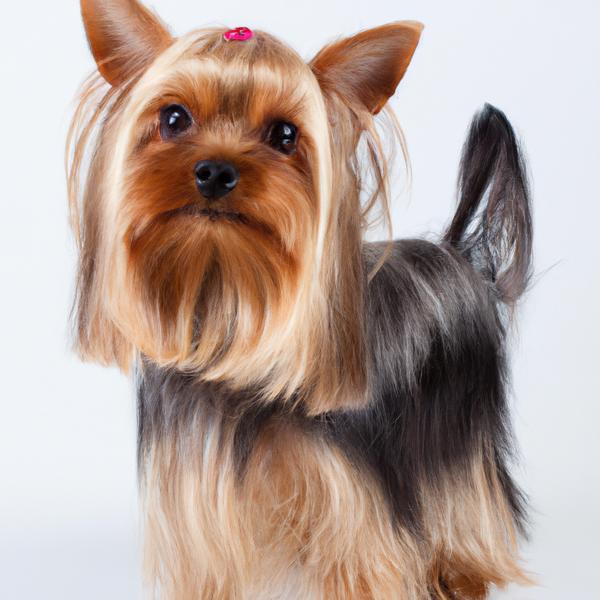
Yorwich
Ratese vs Yorwich
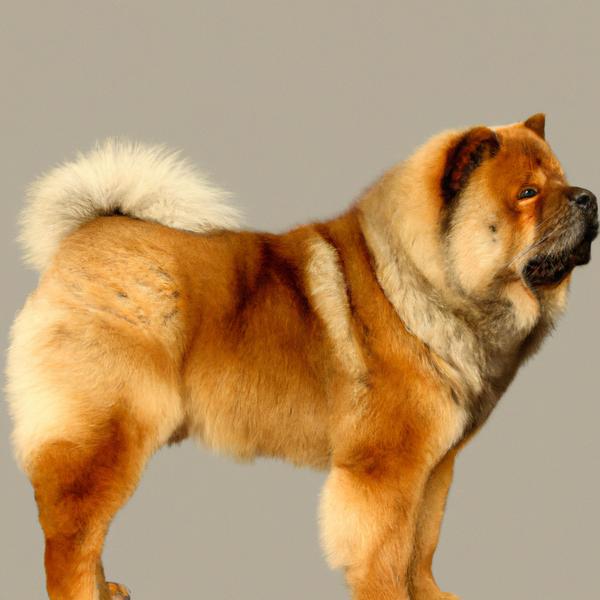
Chow Shepherd
Ratese vs Chow Shepherd
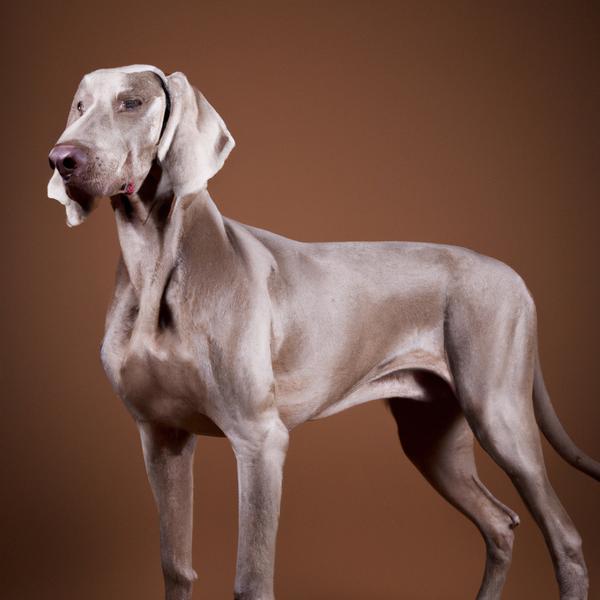
Bosmaraner
Ratese vs Bosmaraner
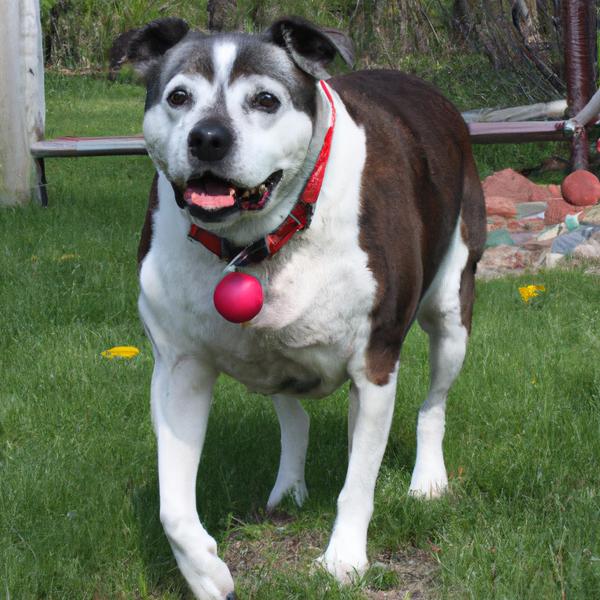
Olde Pit Bulldogge
Ratese vs Olde Pit Bulldogge
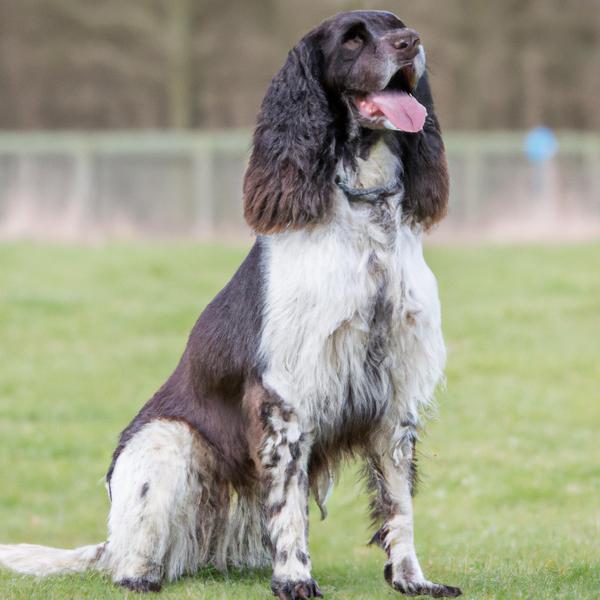
English Springerman
Ratese vs English Springerman
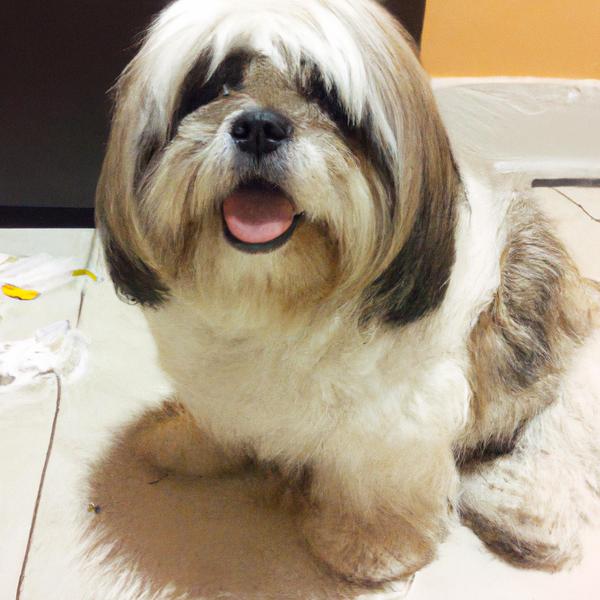
Be-Apso
Ratese vs Be-Apso
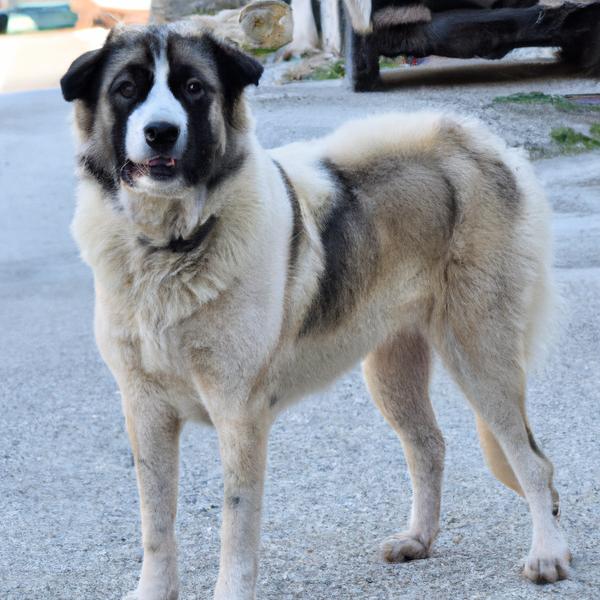
Croatian Sheepsky
Ratese vs Croatian Sheepsky
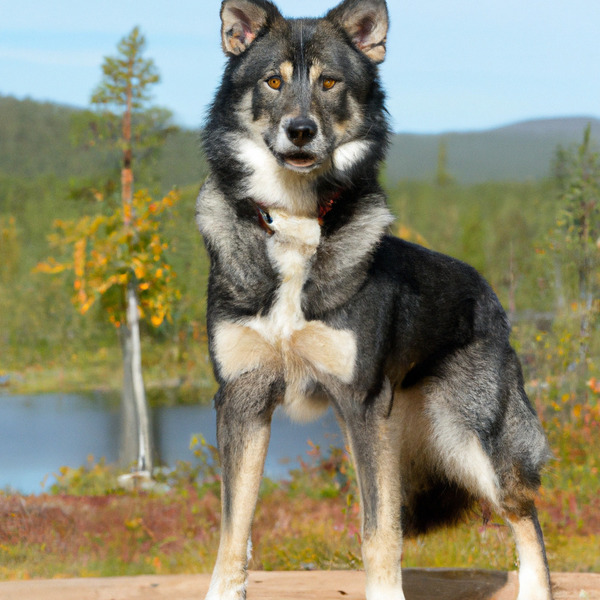
Lapponian Herder
Ratese vs Lapponian Herder
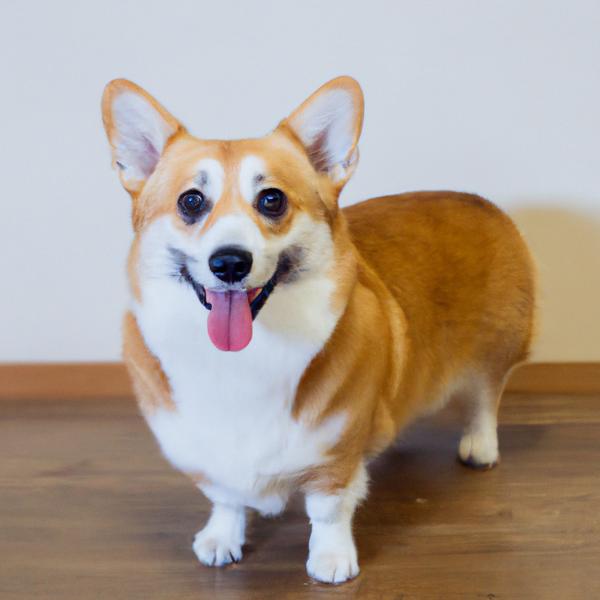
Pembroke Welsh Corgi
Ratese vs Pembroke Welsh Corgi
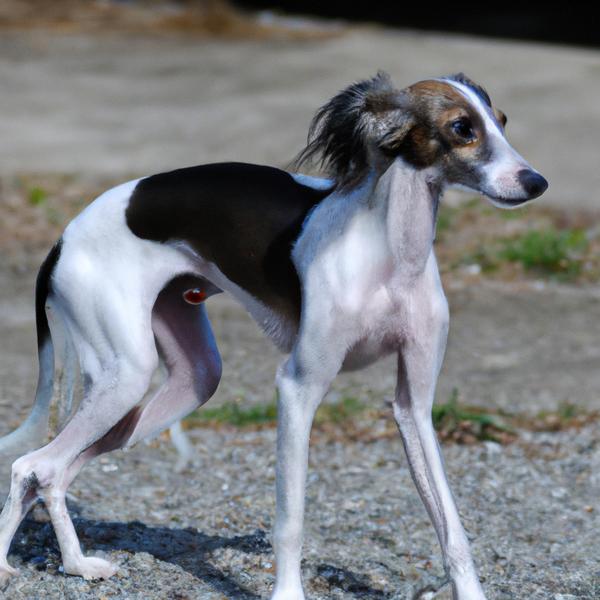
Italian Cavalier Greyhound
Ratese vs Italian Cavalier Greyhound
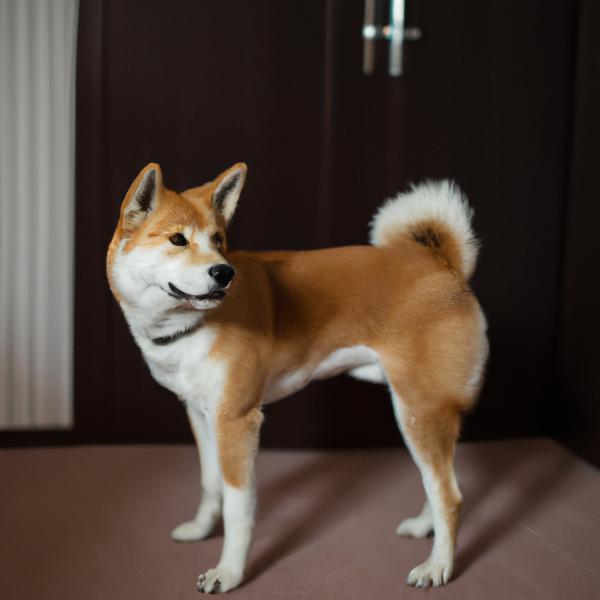
Eskenji
Ratese vs Eskenji
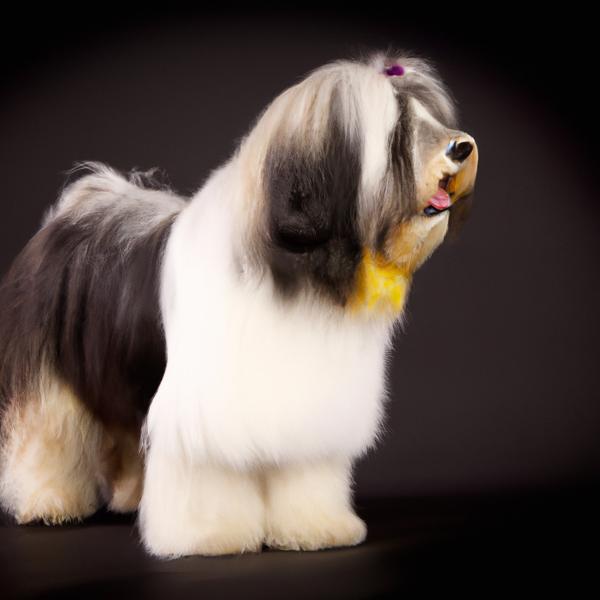
Tibecot
Ratese vs Tibecot
